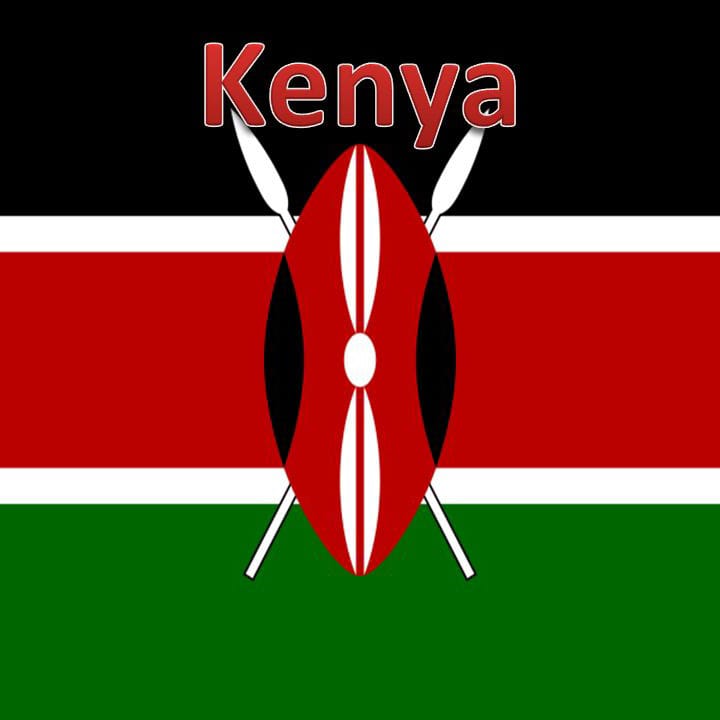The Orange Democratic Movement (ODM) must undertake a painful but necessary introspection. The tragic and brutal murder of the late Hon. Charles Ong’ondo Were, popularly known as Sir Charles, should not be turned into another performative ritual where political violence is romanticised and legitimate concerns silenced.
Sir Charles was executed in cold blood along Ngong Road, barely 200 metres from the heavily guarded headquarters of elite police units like the Special Crimes Prevention Unit (SCPU) and the Anti-Terrorism Police Unit (ATPU). His murder raises serious questions not just about the brazenness of criminals, but also about the systems that allowed impunity to fester unchecked within our politics.
Yet, as we rightly call for justice and demand the apprehension of those who orchestrated this heinous act, we must also confront an uncomfortable truth: Charles Ong’ondo Were was, by many credible accounts, a deeply violent man.
Numerous reports from his home constituency in Kasipul speak of enforced disappearances, brutal beatings, and broken limbs—victims whose only crime was challenging the MP’s authority. Whispers of fear, uninvestigated deaths, and mass graves have followed his career from Meru to Homa Bay. Regional and county administrators in Nyanza and beyond have volumes of complaints tied to his name—complaints that were swept under the rug by his political connections and financial muscle.
ODM leaders, from the podiums of his funeral, chose to canonise a man accused of ruling through fear. Worse still, they used the moment of national mourning to declare his son, Boyd Were, the “heir” to the Kasipul seat—a direct assault on democracy. Where are the party’s democratic ideals when political succession is treated like hereditary monarchy?
ODM has often painted itself as the vanguard of democracy, justice, and reform. But how does one reconcile that identity with the party’s selective outrage and complicity in sanitising violence when it comes from within? Why are critics of Sir Charles being vilified, threatened, or even arrested—like Philip Aroko, the slain MP’s political rival? Why is there coordinated pressure to demote or eliminate government officers like Odoyo Owidi and Principal Secretary Raymond Omollo, who are perceived as threats to certain entrenched political interests?
What we are witnessing is not just political mourning—it is political consolidation. Luo funerals, especially of prominent figures, have long served as potent political stages. They are platforms to socialise, to build networks, and to re-establish dominance. This was evident in Raila Odinga’s fiery speech at the funeral, where he not only demanded the death of the MP’s killers but appeared to be issuing a broader political fatwa against dissenters and reformers.
History is repeating itself. When Dr. Robert Ouko was murdered in 1990, the same political elite that had marginalised him in life turned his death into a rallying cry against President Moi. When Tom Mboya was assassinated in 1969, Luo leaders who had undermined him became his loudest mourners. Death becomes a convenient veil to consolidate power, settle scores, and anoint new “chosen ones”—all in the name of unity.
If President William Ruto allows himself to be manipulated into sacking PS Raymond Omollo, as some in ODM are demanding, he will be making the same mistake Moi made with Hezekiah Oyugi—appeasing an elite that will turn against him anyway. Today they call Omollo too ambitious; tomorrow, if he is removed, the same leaders will blame Ruto for betraying the Luo.
ODM must stop shielding criminals and calling them martyrs. The party must abandon the politics of silence and sycophancy and return to the values that once made it a beacon of hope. Let Kasipul voters decide their next MP through a fair, open, and democratic process—not a coronation at a funeral. Let the justice system pursue killers without political interference—but also without shielding those whose political careers have been built on blood and fear.
To truly honour the fallen, ODM must cleanse itself of the ghosts it harbours within.

